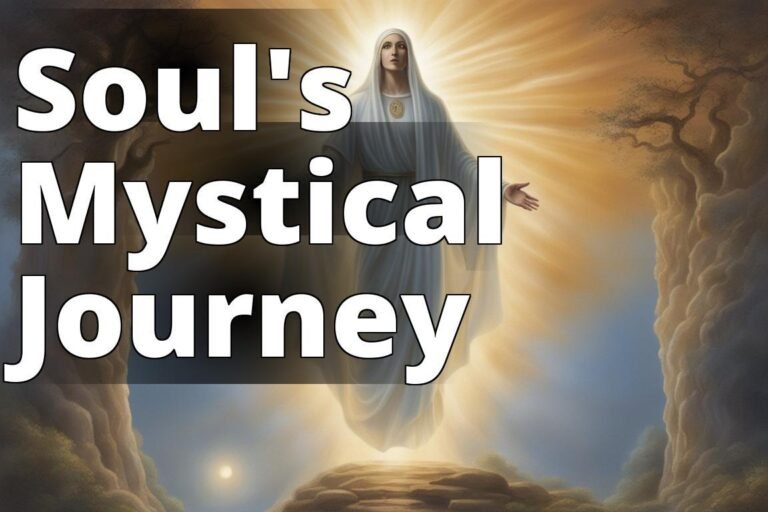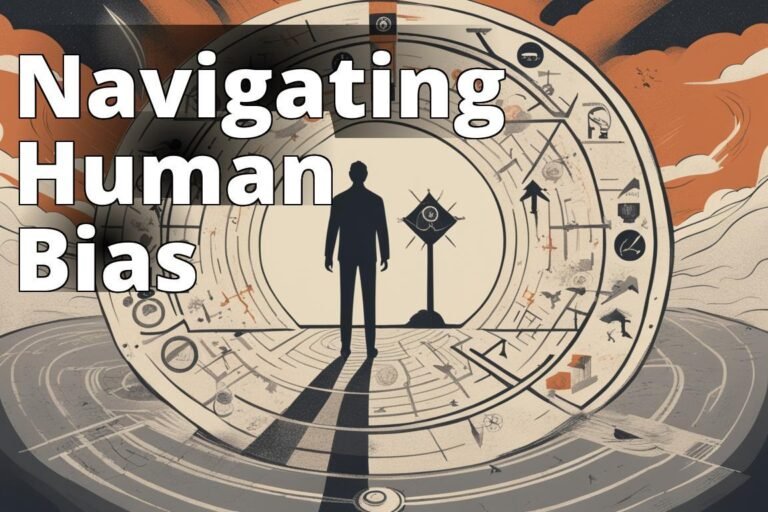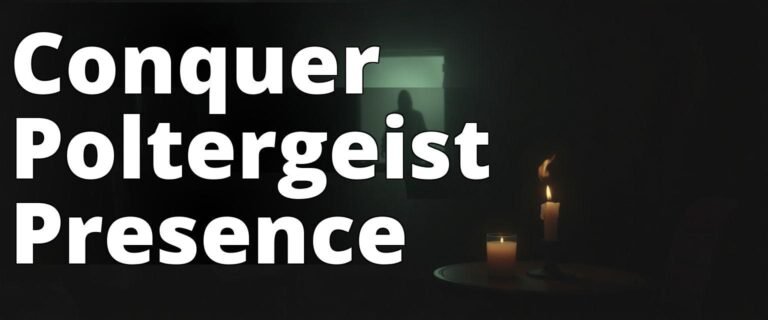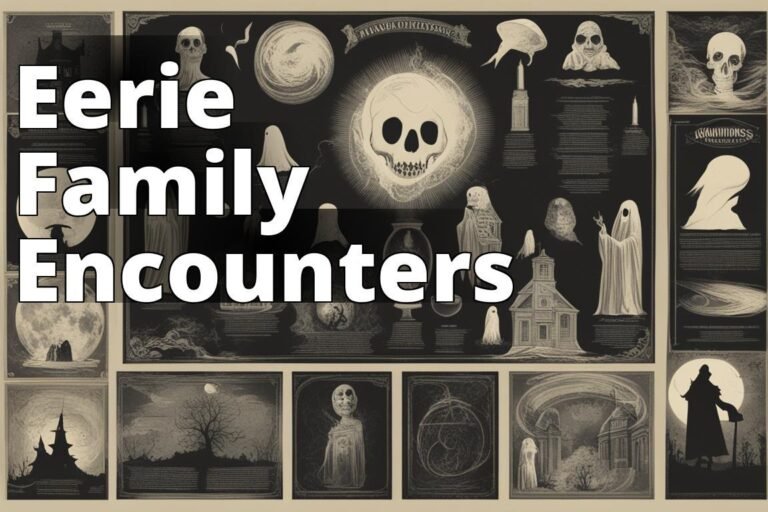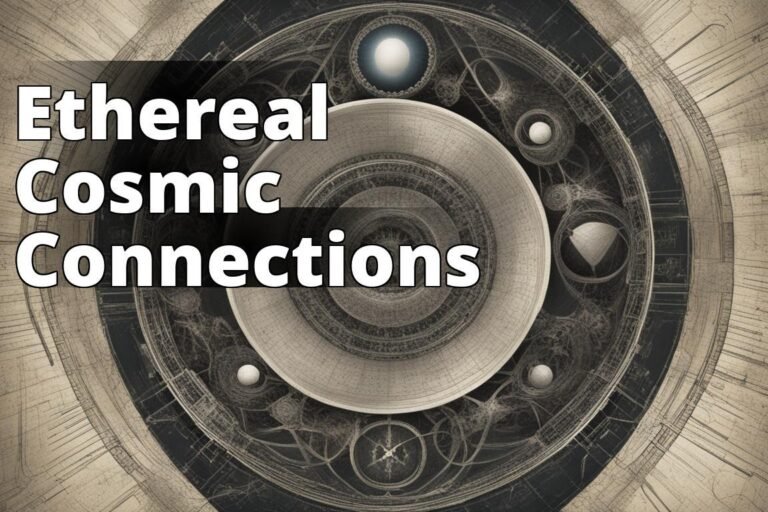Ghosts and Spirits
Ghosts and spirits have woven their tales into the fabric of human culture, sparking curiosity, fear, and intrigue across generations and geographies. Whether whispered in darkened corners, showcased in blockbuster movies, or debated within the walls of academia, these ethereal entities persist in our collective consciousness. But what does mainstream science say about ghosts and spirits? Are these just figments of our imagination, or is there more to the story? In this deep dive, we peel back the layers of mystery surrounding these phenomena, blending personal anecdotes with scientific scrutiny to explore the thin white lies and truths of the spirit world.
What mainstream science says about ghosts and spirits
Learn what mainstream science says about ghosts and spirits:
– Mainstream science does not have concrete evidence to support the existence of ghosts and spirits.
– Ghosts and spirits are considered paranormal phenomena that cannot be scientifically proven.
– Scientific methods do not currently have the ability to detect ghosts and spirits.
What are ghosts?
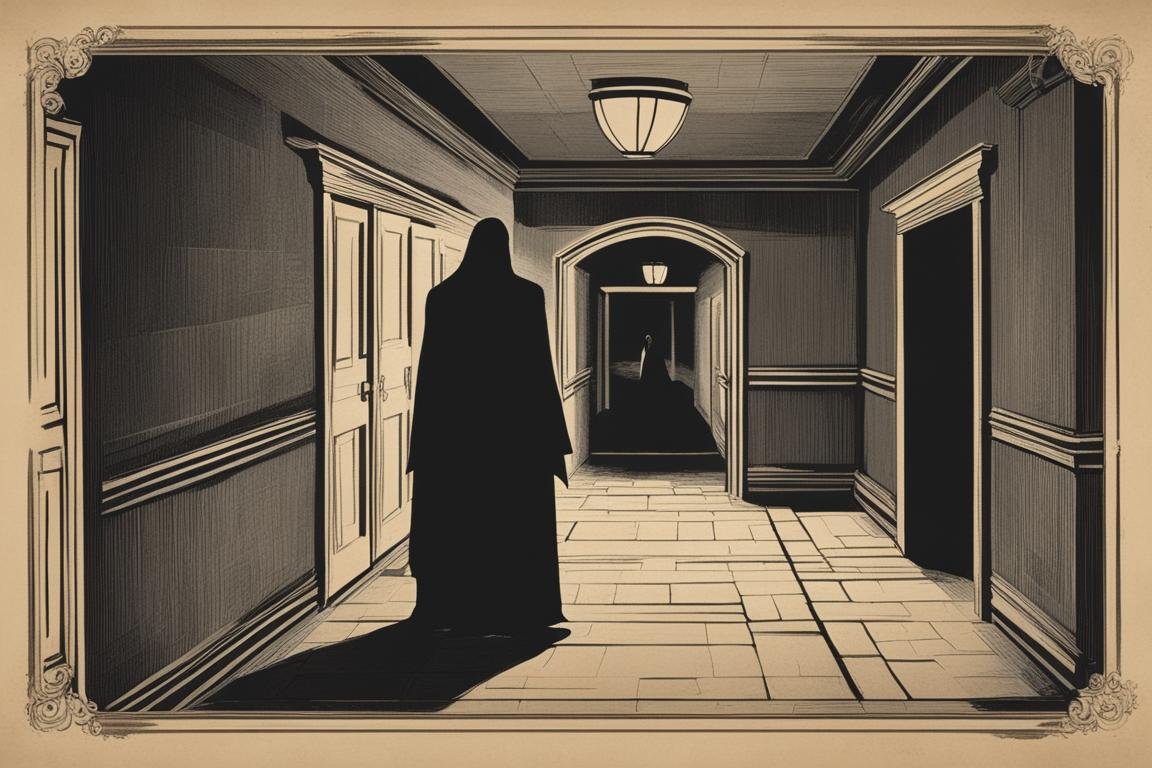
Ghosts, as commonly portrayed, are the souls or spirits of deceased persons or animals that can appear to the living. In folklore, they are often depicted as ethereal presences, sometimes with a visible form and at other times as invisible forces capable of interacting with the physical world. My own encounter, or so I thought, with a ghost in the creaky corridors of an ancient, abandoned mansion left me with more questions than answers. The fleeting shadow, the sudden drop in temperaturewere these manifestations of a restless spirit, or simply the tricks of an overactive imagination?
Mainstream science remains skeptical about the existence of ghosts, attributing such experiences to psychological phenomena, such as the power of suggestion, or environmental factors that can induce hallucinations. Yet, countless individuals claim to have experienced ghostly encounters that defy logical explanations.
What are spirits?
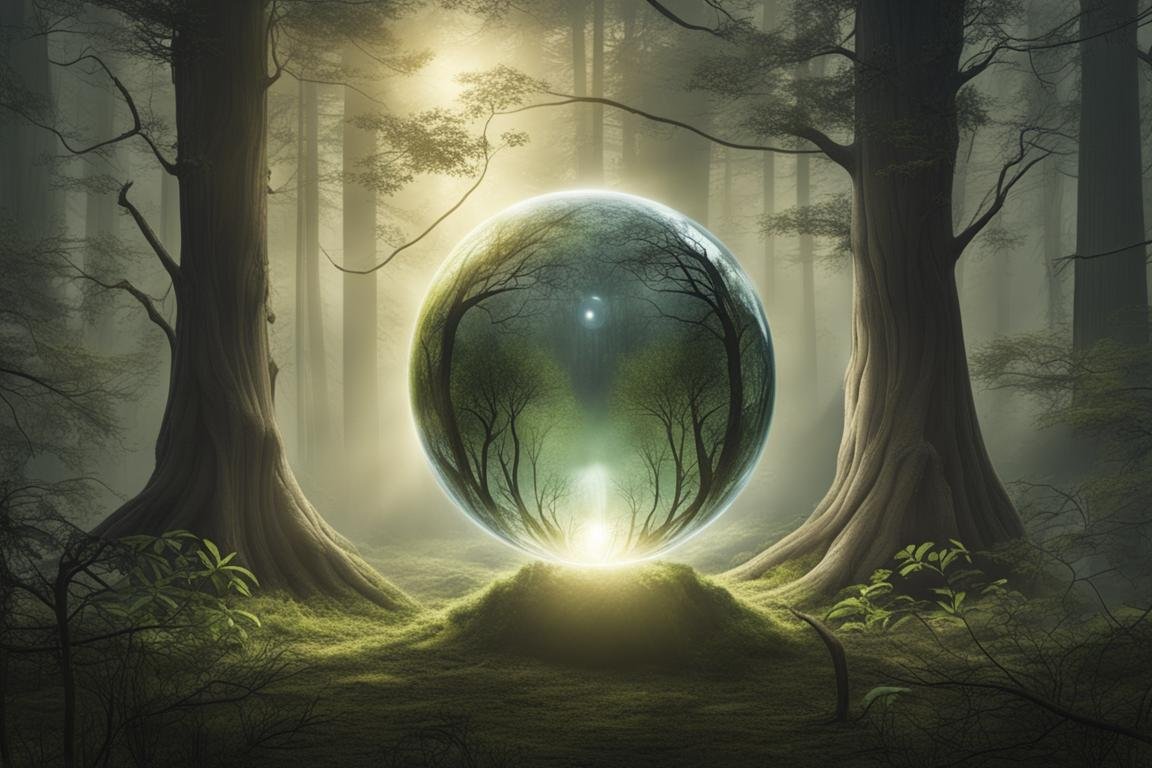
Spirits are often understood as the non-physical essence of an individual, surviving death to exist in another realm or dimension. Unlike ghosts, which are typically tied to specific locations or emotional states, spirits are believed to transcend such boundaries, capable of guiding, protecting, or communicating with the living in more subtle ways.
From a personal vantage point, spirits have made their presence felt in moments of deep meditation or quiet contemplation, not as scary apparitions but as comforting, sometimes enlightening, forces. Conversations with individuals who identify as highly sensitive or spiritually attuned often echo this sentiment, describing encounters with spirits as profound, life-changing experiences.
However, mainstream science is cautious, leaning on the absence of empirical evidence to dismiss these accounts as anecdotal or the result of cognitive biases. The question remains: Are spirits merely constructs of our psyche, or is there a dimension of existence yet to be understood by science?
What is the difference between a ghost and a spirit?
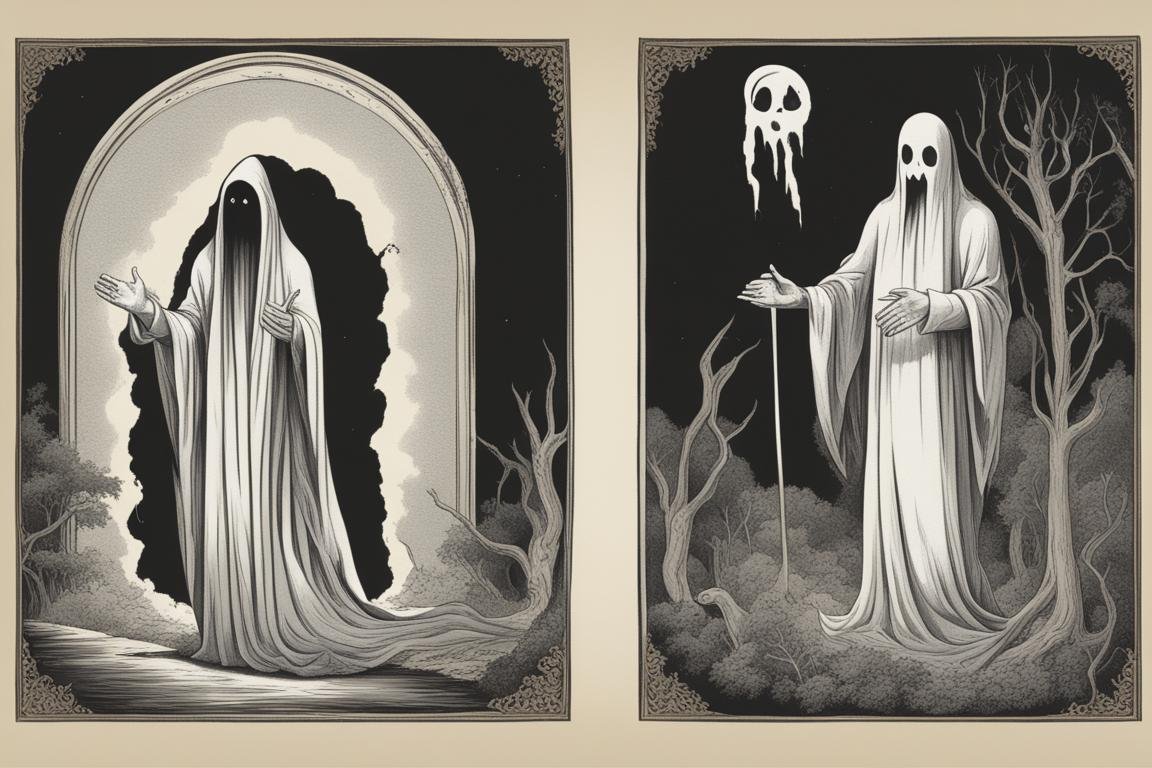
The distinction between ghosts and spirits lies primarily in their nature and intent. Ghosts are often perceived as earthbound entities, tied to specific locales, objects, or emotions, sometimes unaware of their death. Spirits, conversely, are seen as transcendent beings, free from earthly attachments, and capable of offering guidance or wisdom.
This differentiation is not just semantic; it shapes our interactions and expectations with these entities. While a ghost might elicit fear or pity, a spirit is more likely to inspire awe or comfort. My grandmother, a staunch believer in the afterlife, would often speak of spirits visiting her in dreams, offering solace or advice, but she never once mentioned feeling threatened or scared.
Science, with its demand for measurable, repeatable phenomena, struggles to accommodate such subjective experiences within its frameworks. Yet, the persistence of these beliefs across cultures and eras suggests a universal yearning to connect with something beyond the tangible, whether as a way to cope with grief, seek meaning, or simply marvel at the mysteries of existence.
Are ghosts and spirits the same as demons?
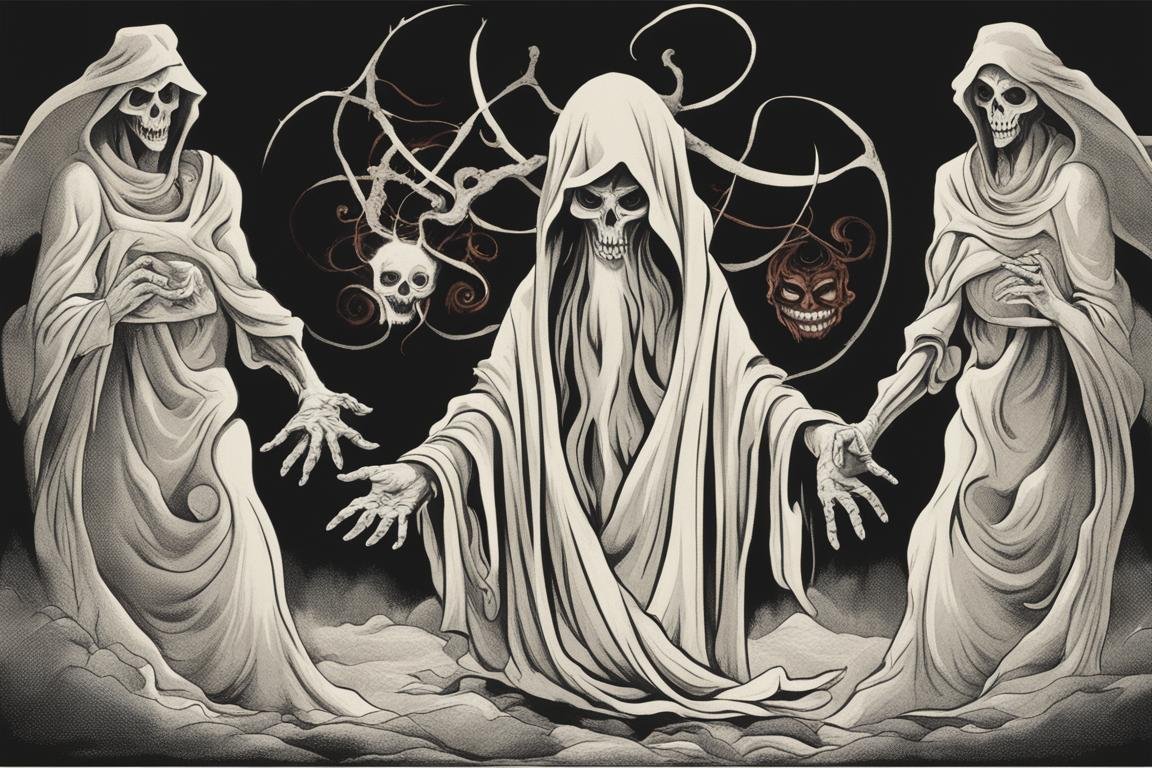
Demons, according to various religious and mythological traditions, are malevolent beings with supernatural powers, often depicted as agents of chaos, temptation, or evil. Their portrayal as inherently wicked or harmful starkly contrasts with the more neutral or benevolent nature attributed to ghosts and spirits.
Personal beliefs aside, it’s essential to recognize the cultural and emotional baggage that accompanies the concept of demons. Unlike ghosts or spirits, which might evoke sympathy or curiosity, demons are often met with fear and revulsion, viewed as entities to be banished or combated.
Science, for its part, treats demons as it does ghosts and spirits: as figments of the human imagination, shaped by religious doctrines, psychological fears, and social expectations. The demonization of natural phenomena or unfamiliar cultures throughout history serves as a cautionary tale about the dangers of letting fear dictate our understanding of the unknown.
Are ghosts and spirits the same as angels?

Angels, revered in many religious traditions as messengers or servants of the divine, embody purity, protection, and guidance. Their association with higher realms and positive attributes sets them apart from the more ambivalent or earthbound nature of ghosts and spirits.
Questions & Answers
Q.Who determines the validity of claims about ghosts and spirits?
A.Mainstream science examines evidence to validate claims about ghosts and spirits.
Q.What do scientists say about the existence of ghosts?
A.Mainstream science typically does not support the existence of ghosts.
Q.How do scientists explain ghostly experiences?
A.Scientists often attribute ghostly experiences to psychological or environmental factors.
Q.What if personal experiences contradict scientific views on ghosts?
A.Personal experiences are valid, but science may offer alternative explanations for them.
Q.How can I reconcile my belief in ghosts with scientific skepticism?
A.It is possible to hold personal beliefs in spirits while respecting scientific viewpoints.
Q.What about paranormal investigators who claim to find evidence of spirits?
A.Some paranormal investigators may use unscientific methods, which mainstream science does not consider credible.


